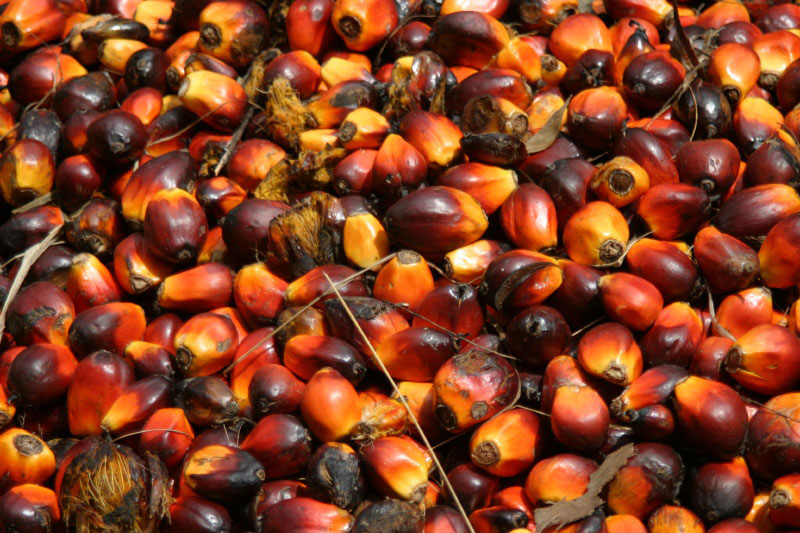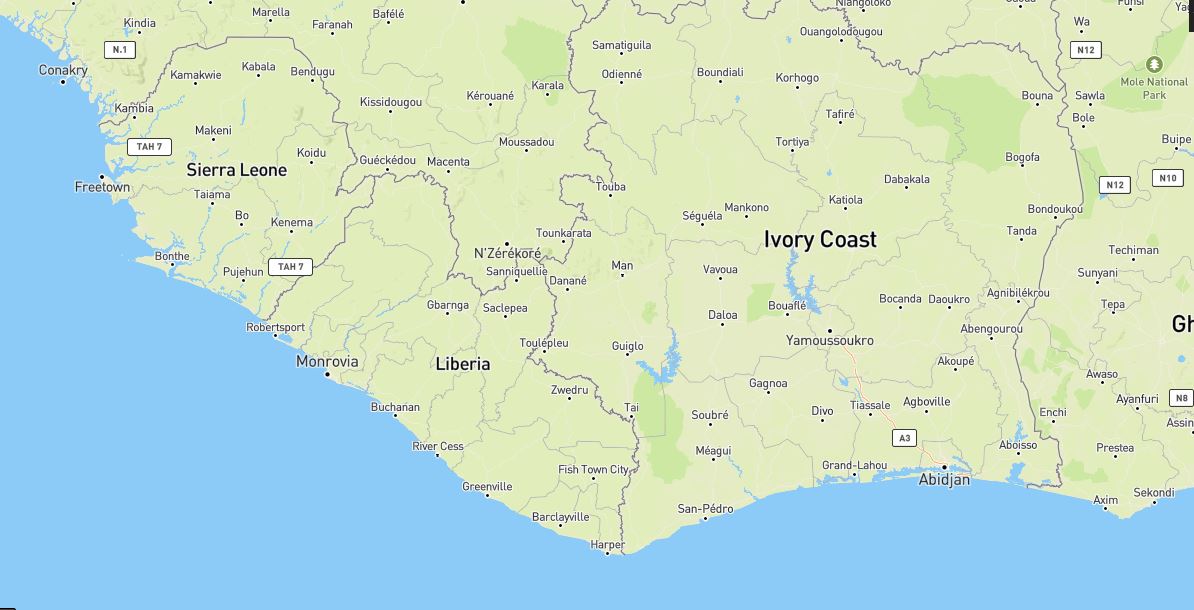Palm oil is forecast to replace iron ore as Liberia’s leading export and employ more than 100,000 people in an economy that was ravaged by a commodity price slump and the worst-ever Ebola outbreak, according to a government official.
After iron ore and rubber counted as Liberia’s leading export commodities for more than five decades, the West African nation is depending on palm oil to revive growth after the economy came to a standstill over the past three years. Liberia’s exports of the steel-making ingredient dropped by almost two-thirds in the three months through June from the year before, according to central bank data, after prices plunged 39 percent in 2015.
While producers including Sime Darby Bhd and Golden Veroleum Ltd. have been granted concessions to plant as much as about 870,000 hectares (2.1 million acres) with palm trees, growth in the sector will stimulate jobs in other areas such as overland transport and shipping, Deputy Minister of Industry Ellen Pratt said in an interview in the capital, Monrovia.
Climatic Conditions
“Liberia’s climate is one of the best for production of oil palm and similar to the climatic conditions of Southeast Asia,” Pratt said, referring to countries such as Indonesia and Malaysia which account for about 85 percent of all palm oil globally produced. “If only 25 percent of concessionary land is planted, oil palm exports can equal iron ore exports.”
Concession holders could create 70,000 news jobs while the manufacturing of goods in which the oil is used as a main ingredient, such as soap and cosmetics, may offer employment to another 10,000, Pratt said. Small-scale farming are supporting 30,000 households on 70,000 hectares of plantations, she said.
The government of President Ellen Johnson Sirleaf is targeting average annual economic growth of about 6 percent for the seven years starting 2018. Expansionaveraged about 8 percent between 2006 and 2013, prior to the more-than-yearlong Ebola outbreak, which at its peak infected as many as 400 people a week and resulted in the deaths of more than 11,200 in the country and neighboring Sierra Leone and Guinea.
Community Backlash
As Liberian producers expand operations, they face a backlash from communities who claim they are being forced off their land, according to the Rights and Resources Initiative, a Washington-based group that seeks to improve rights for local groups.
“Liberia’s laws and constitution ensure that rural communities have a right to be consulted on development initiatives that affect their lands and livelihoods,” the group said in a Nov. 4 statement on its website. “That is not happening on a large scale. And when people stand up for their rights, all too often they face threats and violence.”



